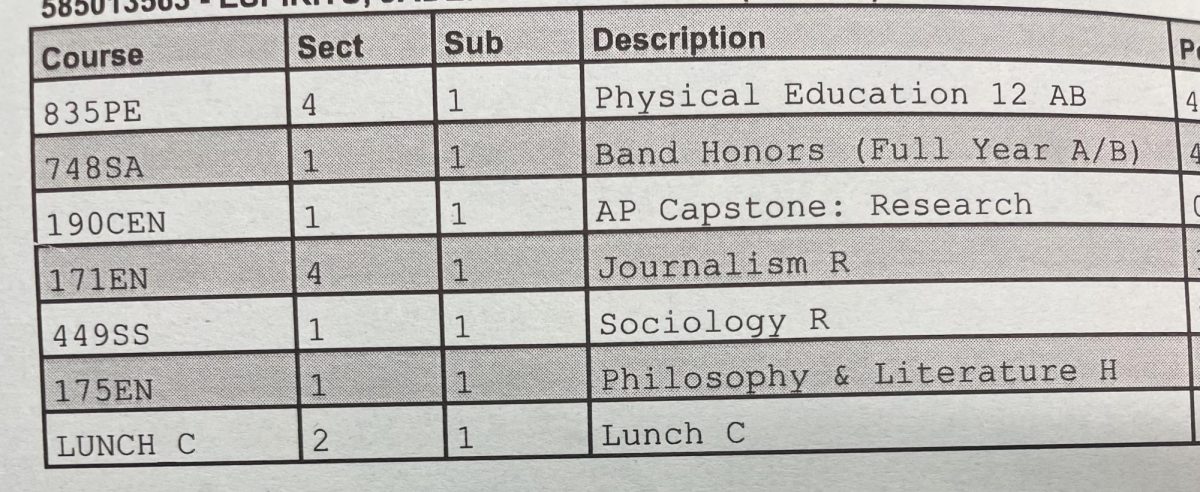Guest Contributor: John Fantell
In 1980 the United States was on the brink of economic disaster, heightened by double-digit inflation and record-high unemployment resulting from reckless government spending and regulation spanning the course of a few decades. Unsatisfied with the direction of the country, the American people spoke — and their voices were heard on November 4, 1980 with the election of President Ronald Reagan.
Starting on day one, Reagan sought to reverse the negligent policies that had created the economic nightmare in the first place. This included an executive action abolishing federal price controls on oil and gasoline that established a minimum price that gas stations could charge consumers for gasoline. Left and right, Reagan’s critics argued that abolishing the minimum price control would cause oil prices to rise exponentially. But they were wrong. Following the order, gasoline prices actually plummeted fifty-percent, saving consumers “nearly $100 billion.”
Yet the bulk of Reagan’s economic magic, dubbed “Reaganomics,” rests on the foundation of supply-side economics: the philosophy that reducing government dependence and creating economic incentives will generate prosperity. The most basic example of supply-side economics is exemplified by a hypothetical policy in which the income tax is nonexistent. Imagine how much extra cash you would have on your hands. Now think of all the things you could buy with that extra money. Research shows that an overwhelming majority would use the extra cash to consume more goods and services — and all economists agree that a higher level of consumption is advantageous to any economy. While a “no income tax” policy is not feasible in practice, as the government requires revenue to fund various government agencies, levying a low, yet reasonable, amount still encourages consumption and thereby improves the economy. Maintaining such a philosophy, Reagan spent the first few years working on a massive overhaul of the flawed tax system that existed when he first assumed the Presidency. In 1986, Reagan and his democratic colleagues in the House constructed and signed into a law a tax reform act that slashed federal income taxes across the board. The reform brought the highest tax rate — seventy percent — down to just twenty-eight percent. The 1986 reform remains the most drastic change to the tax code in over four decades.
Facts do not lie, and the facts indicate that the longest recorded period of economic expansion — fifty-eight months — occurred during the Reagan tenure. Within two years of Reagan assuming office, unemployment decreased by a record-breaking thirty three percent. Furthermore, unemployment decreased every year during Reagan’s Presidency —and by an unparalleled fifty percent by the end of the decade. Other noteworthy include the decline in poverty by 17%, the doubling of the Gross Domestic Product (a measurement used to measure economic performance of a country as a whole) from 2.7 trillion to 5.4 trillion dollars, more widespread American investment in stocks.
Statistics, however, can only attempt to convey the scope of Reagan’s economic success story. Reagan’s policies have shaped the economic agendas of Presidents on both the left and right, most notably, George H.W. Bush and Bill Clinton. Despite his success, the media have consistently attempted to skew and lambast Reagan’s economic ideologies. It is for this reason that I urge you, my fellow peers, to further investigate the policies that prompted a decade of economic prosperity for yourselves.
Rest in peace
Ronald Wilson Reagan










